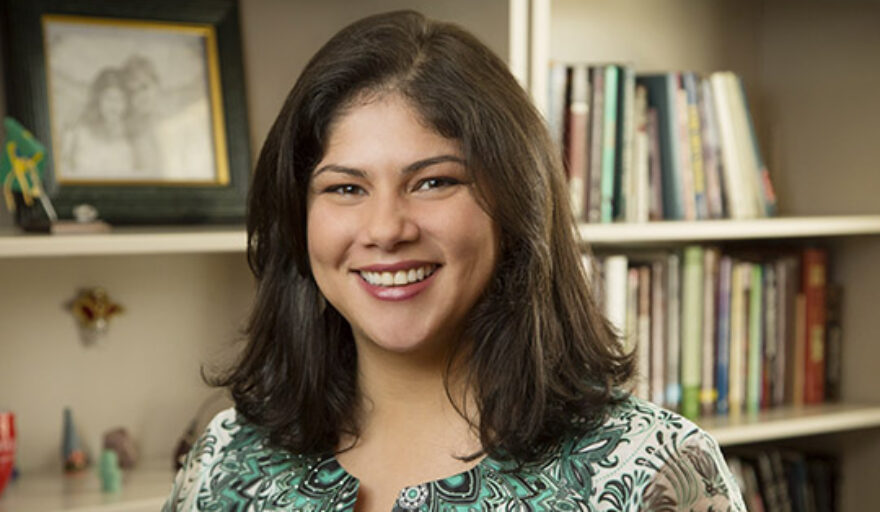SSW Hires First Associate Dean for Research
February 17, 2021

Promoting Impact
The School took a significant step to build on the impactful work of its faculty members last September when it hired Liliane Windsor as its first ever associate dean for research. Kim Erbe will provide support to the Research Office as a full-time research specialist.
Enhancing the School’s Visibility
“A big part of my role is to enhance our visibility in terms of our research,” says Windsor, an associate professor in the School. “We want to develop a strong dissemination strategy, elevate the work that’s being done here, and spread to the world the good work that’s happening at the School.”
Windsor outlined a number of other goals in her new role:
- Nurture a collaborative and rigorous culture of research
- Develop an efficient research infrastructure
- Help faculty identify funding opportunities for their research
- Provide the administrative support to free up faculty to focus on developing and implementing their research
“We want to organize resources, whether they are for funding or publishing, so that faculty can easily access everything they need in a central location,” Windsor says.
Research Strengths
The School, in nurturing a more collaborative research environment, has identified its research strengths through six themes:
- child welfare
- poverty
- social innovation
- health and mental health
- social work research in school settings
- workforce development
“We have grouped our faculty according to these themes, and we’ve organized activities and resources based on the themes, to spark collaboration,” Windsor explains.
New Focus
Windsor also identified six areas that she will focus on in her new role as associate dean:
- Further advancing a robust culture of research by establishing a research advisory committee, coordinating a research seminar series, and encouraging collaboration across campus and among faculty and students
- Providing increased research training and mentorship opportunities
- Developing the aforementioned resources, including announcements on new funding opportunities, conferences, trainings, and fellowships
- Facilitating research funding by coordinating grant writing peer groups, coordinating an external grant reviewer program, and compiling a grant writing repository
- Enhancing publications efforts by organizing writing boot camps, establishing a repository of publishing resources, and creating a peer writing support program
- Improving dissemination and outreach by identifying high-reach opportunities to highlight research, nominating faculty and students to external research awards, and creating strategies to more effectively influence policy at all levels through research findings
“Another piece of our vision is to strengthen the use of technology for social good,” Windsor says. “We already have a lot of faculty members doing work in that area, and it’s also one of the field’s grand challenges. I feel like we can be definitely a leader here.”
The School’s two centers, the Center for Prevention Research and Development and the Children and Family Research Center, are also impacted by the School’s new vision for its research.
“The centers do evaluation and contract work for the state that has tremendous real-world impact, but that data isn’t always used in academic publications,” Windsor says. “There’s an opportunity to use that data in the academic world.” Faculty and center staff can collaborate in writing peer-reviewed articles about child welfare or substance use in Illinois. They can also apply for funding to address social challenges in our state.
Increasing Impact Through Research
Both the academic and professional worlds will be more up to speed with the impact the School’s research is having, as Windsor steps deeper into her role as associate dean for research.
“For instance, we have faculty developing and testing interventions to improve outcomes in the field of maternity health, substance use, heart disease, child welfare, and mental health, to name a few,” Windsor says. “We have been engaged in finding solutions to address the impact of COVID-19 and increase equity in our response to the pandemic. We have programs to train and increase the behavioral health services workforce in rural areas across the state. As social work researchers, we are well poised to find effective solutions to increase equity in society.”
Windsor adds that the School will continue to work to increase its impact. “Whether it’s in shaping policy or identifying gaps to inform policy, whether it’s increasing the quality of publications, whether it’s partnering with communities or impacting the funding world in calling attention to needed areas of research, all of these fall under the goal of increasing impact,” she says.